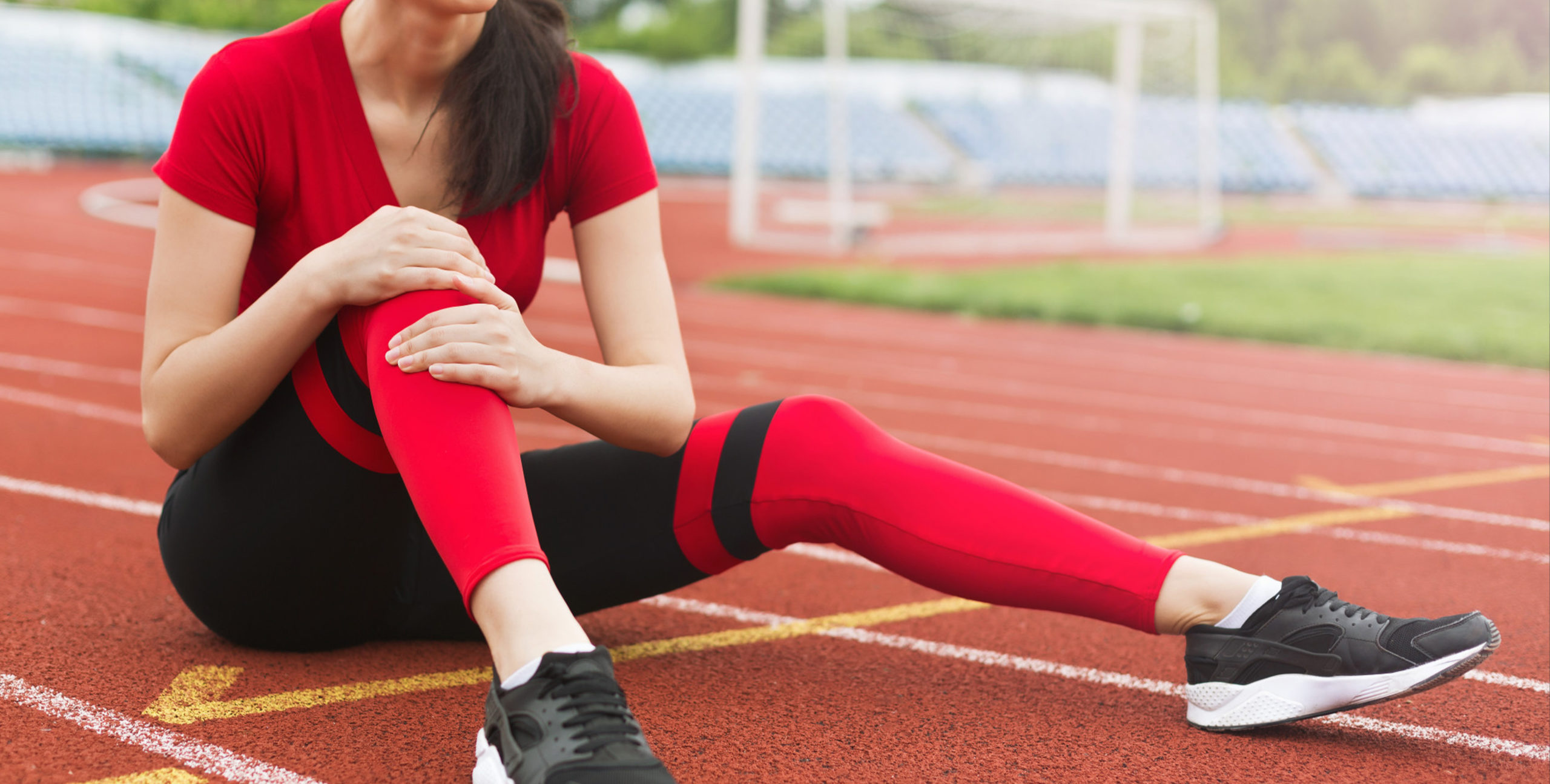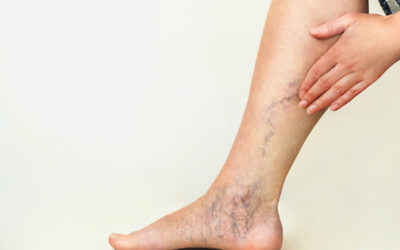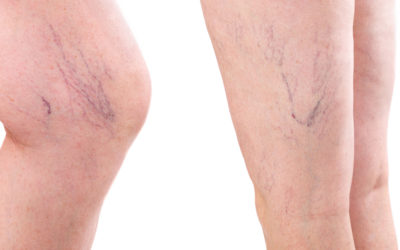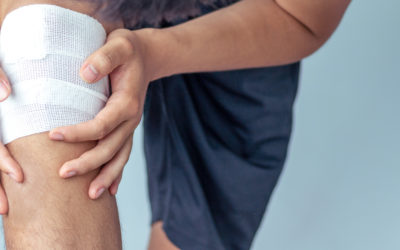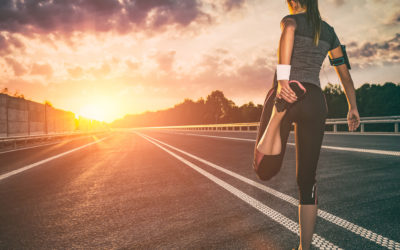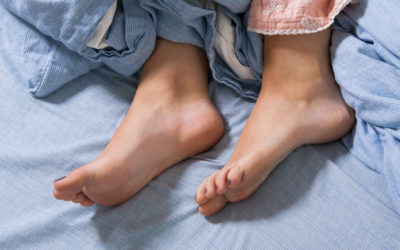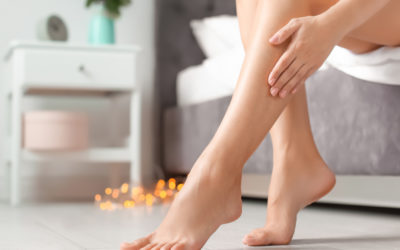Chronic Venous Insufficiency (CVI) is an issue that affects about 40 percent of the US population. It’s often overlooked by healthcare providers. It can present itself as other venous disorders.
Read on to learn more about this disease and your treatment options.
Chronic Venous Insufficiency
What is Chronic Venous Insufficiency (CVI)? CVI is a condition in the veins that allows blood to flow back to the heart. The valves in the deep veins of the leg do not properly work and the blood flows backward.
This causes the pooling of blood in those veins. CVI is not a serious health emergency but it can be painful.
Symptoms
It’s important to contact your healthcare provider if you have any of these symptoms. Without treatment, this disease can cause more serious issues.
Symptoms to look for are:
- Any swelling in the legs or ankles
- Pain when walking
- Leg cramps or a tight feeling in your calves
- Brown or leather looking skin
- Varicose veins or leg ulcers
- Restless leg syndrome or leg itchiness
Any of these symptoms by themselves doesn’t mean you have CVI. A combination of them could be a sign to visit the doctor. This is particularly important if you are at a higher risk for the disease.
Causes
There are a few causes that professionals believe cause CVI.
If you’ve had deep vein thrombosis, a previous injury, or surgery, you’re at a higher risk to develop the issue.
Those that don’t get enough exercise or who sit or stand for a long period, are also at a higher risk. Smokers also tend to develop CVI more than non-smokers.
If you are overweight or pregnant you’re at a higher risk, as are those with a family history.
Phlebitis is also a known risk factor.
Women are more likely than men to have a diagnosis of CVI.
The good news is the medical field has developed ways to treating this issue.
Diagnosis
Your healthcare provider will go over your medical history and do a full examination.
The doctor may order a Duplex ultrasound done, which checks the blood flow in the leg. It also can see the speed and direction of your blood flow.
Make sure you’re honest with your physician when going in for a diagnosis.
Treatments
CVI is most treatable in its early stages. Your healthcare provider may recommend a combination of therapies. This is depending on the severity and medical history.
Your doctor might first recommend a moisturizing routine to help treat VCI. Moisturizing helps skin from flaking or cracking.
Your doctor may also recommend compression stockings. They put pressure on the legs that aids in blood flow.
Exercise is a great and preferred method of treatment because it keeps blood flowing. Walking is also good if you need low-impact exercise.
You should try not to sit or stand for long periods of time. If you have to sit for long periods, make sure to wiggle your legs to keep blood flowing. If you must stand for long periods, take breaks and elevate your feet.
Your doctor may also prescribe an antibiotic if you have an infection from leg ulcers.
Advanced Treatment Options
If you have an advanced case of VCI, your doctor may want to use a more advanced method of treatment.
Sclerotherapy is a procedure that injects a solution into the vein and causes scarring. This makes the blood flow stop and will flow through other veins.
Your physician may also want to try Endovenous Thermal Ablation. This uses high-frequency radio waves that heat and close the vein.
A ligation is also an option. This is when a surgeon cuts and ties off the vein to stop blood flow. They will also remove the vein if it’s damaged.
Finally, they may want to use a small incision that removes the vein. This procedure is known as an Ambulatory Phlebotomy.
Remedy CVI
If you think you have CVI or have already been diagnosed treatment will help. Dr. Fadi Bacha has helped patients like you live their best lives for the past 10 years. Contact the Lexington Vein Institute today for a treatment plan for you.

